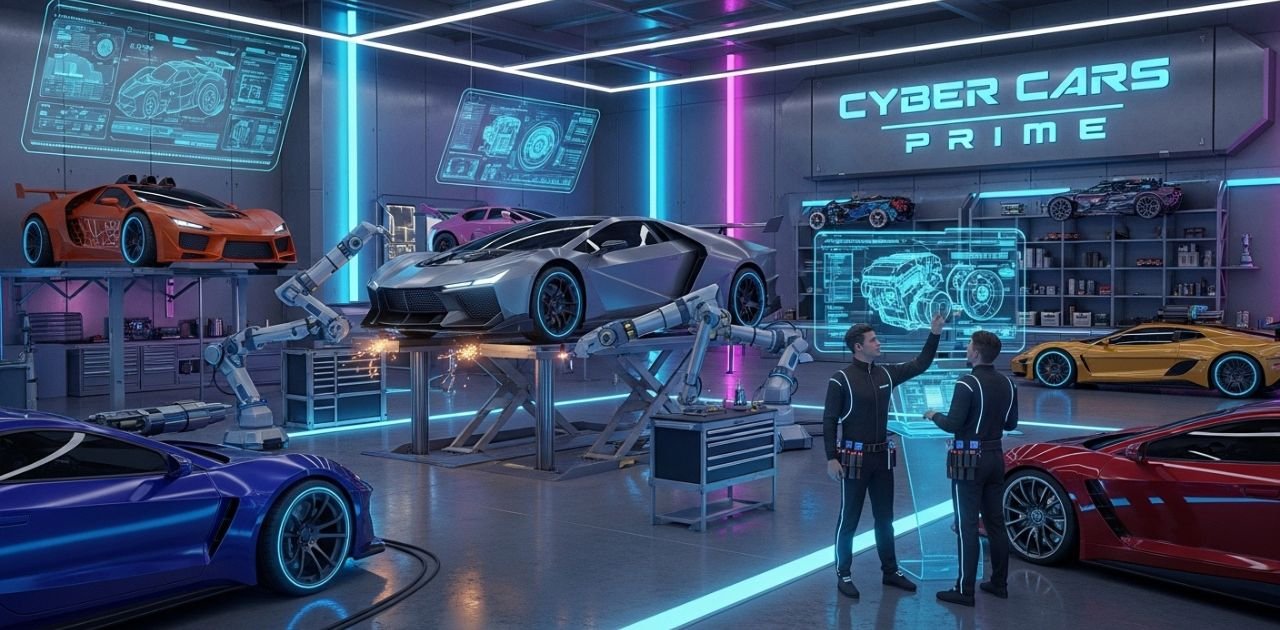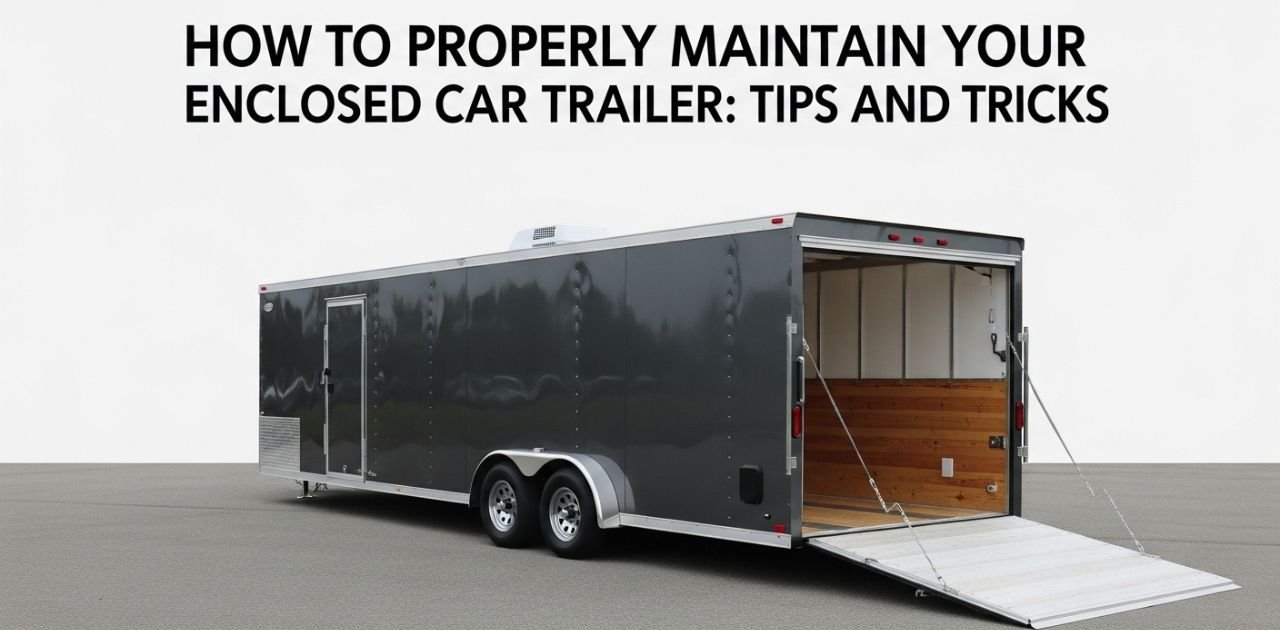Are you looking to give your vehicle a fresh new look without the commitment of a paint job? Car wraps might just be the answer. These colorful, eye-catching vinyl sheets can transform your car into a rolling masterpiece while providing an additional layer of protection for its original paint. But how long can you expect that stunning wrap to last?
In this guide, we’ll explore everything from durability factors to cost comparisons, and even share some expert tips on keeping your wrap in tip-top shape. Whether you’re considering getting one or you’ve already taken the plunge, understanding the lifespan and care requirements of car wraps is essential for getting the most out of your investment. Let’s dive right in!
Contents
What is a Car Wrap?
A car wrap is a large vinyl graphic or decal applied directly over a vehicle’s original paint. This innovative solution allows for an easy way to change the appearance of your car without permanent alterations.
Often used for advertising, personal expression, or simply aesthetic enhancement, wraps come in a variety of colors and finishes—from glossy to matte and even textured options. They can cover the entire vehicle or just specific areas, depending on your vision.
The process involves cleaning the surface thoroughly before carefully applying the vinyl with precision. Skilled professionals use heat tools to ensure it conforms perfectly to every curve and edge.
One significant advantage is that when it’s time for a new look, removing a wrap typically doesn’t damage the underlying paint—keeping your car’s resale value intact while allowing you creative freedom!
Factors Affecting the Lifespan of a Car Wrap
The lifespan of a car wrap isn’t just about the quality of the vinyl. Environmental factors play a big role too. Sun exposure can cause fading, while extreme temperatures can affect adhesion.
Improper installation is another critical factor. If not applied correctly, edges may lift or bubble, leading to premature wear and tear.
Driving habits also matter. Frequent off-roading or exposure to harsh conditions can significantly shorten a wrap’s life. Urban driving often leads to more scratches and grime accumulation.
Regular maintenance practices influence durability as well. Neglecting cleaning routines allows dirt and contaminants to break down the material faster than expected.
Geographic location contributes too; areas with high pollution levels might see wraps deteriorate quicker due to chemical reactions with pollutants in the air. Each of these elements combines uniquely for every vehicle owner’s experience.
The Average Lifespan of a Car Wrap
The average lifespan of a car wrap typically ranges from five to seven years. However, this can vary based on several factors.
Environmental conditions play a significant role. Exposure to harsh sunlight, extreme temperatures, and heavy rainfall can wear down the material faster. Additionally, the quality of the wrap itself matters. High-quality vinyl wraps tend to last longer than cheaper alternatives.
Another key factor is how often you drive your vehicle. Frequent use increases exposure to road debris and potential scratches that can compromise the wrap’s integrity.
Proper installation also influences longevity. A professionally applied wrap will adhere better and resist peeling or bubbling over time compared to a DIY job that might not have been done correctly.
Cost Comparison Between Paint and Car Wraps
When considering the cost of vehicle customization, paint and car wraps present different financial commitments.
A full paint job can range from $1,000 to $5,000 or more depending on quality and complexity. This investment not only covers materials but also labor-intensive processes that require expertise. Good paint jobs often take several days, if not weeks, to complete.
On the other hand, a high-quality car wrap typically costs between $2,500 and $5,000. Wraps are generally quicker to install—often completed within a day or two—and offer versatility in design options without altering the original paint underneath.
While both options have their merits, it’s essential to weigh your long-term goals. A wrap might need replacement every 3-7 years due to wear and tear; however, it allows for easier color changes compared to repainting. Each choice carries unique advantages in terms of aesthetics and practicality.
Also Read Related Post:
Rainforest Car Wash: Eco-Friendly Car Cleaning for a Spotless Shine
Tips for Extending the Lifespan of Your Car Wrap
To extend the lifespan of your car wrap, start with regular washing. Use a gentle detergent and soft cloths to avoid scratches. Automatic car washes can be harsh, so handwashing is preferable.
Be mindful of parking locations. Try to keep your vehicle in shaded areas or garages when possible. Prolonged exposure to sunlight can fade colors faster than you’d like.
Avoid abrasive cleaning tools that could damage the wrap’s surface. Instead, opt for microfiber towels designed for wraps.
If you live in an area prone to harsh weather conditions, consider investing in protective coatings specifically made for vinyl wraps.
Schedule periodic professional inspections. Experts can spot potential issues early on and make necessary adjustments before they become major problems.
Proper Care and Maintenance for Car Wraps
Maintaining your car wrap is essential to keep it looking fresh and vibrant. Regular washing is the first step. Use a mild soap and soft sponge or microfiber cloth to avoid scratching the surface.
Be gentle when drying your vehicle, opting for a clean microfiber towel instead of air-drying. This helps prevent water spots that can mar the wrap’s appearance.
Avoid automated car washes with brushes, as they can lift edges or damage the material. Instead, consider hand washing whenever possible.
Protecting your wrap from direct sunlight will also prolong its life. Whenever you park, try to use shaded areas or invest in a UV protective cover if you’re storing it outside frequently.
If you notice any scratches or blemishes, address them promptly with specialized repair kits designed for wraps. Taking these steps will help maintain both aesthetics and durability over time.
Conclusion: Is a Car Wrap Worth It?
When considering whether a car wrap is worth the investment, several factors come into play. Car wraps offer customization and protection that paint simply can’t match. They allow for vibrant colors and unique designs without compromising your vehicle’s original finish.
The lifespan of a car wrap generally ranges from three to seven years, depending on various conditions such as climate, exposure to sunlight, and maintenance practices. This durability often makes it a viable option compared to traditional paint jobs which can require more upkeep over time.
Cost-wise, while an initial investment in high-quality vinyl may seem steep compared to a new paint job, the ability to change styles or restore faded sections easily adds value.
If you’re looking for versatility and flair without committing permanently to one look or color scheme, a car wrap might be just what you need. With proper care and attention, you can keep your vehicle looking fresh for years while enjoying all the benefits that comes with this modern automotive trend.




